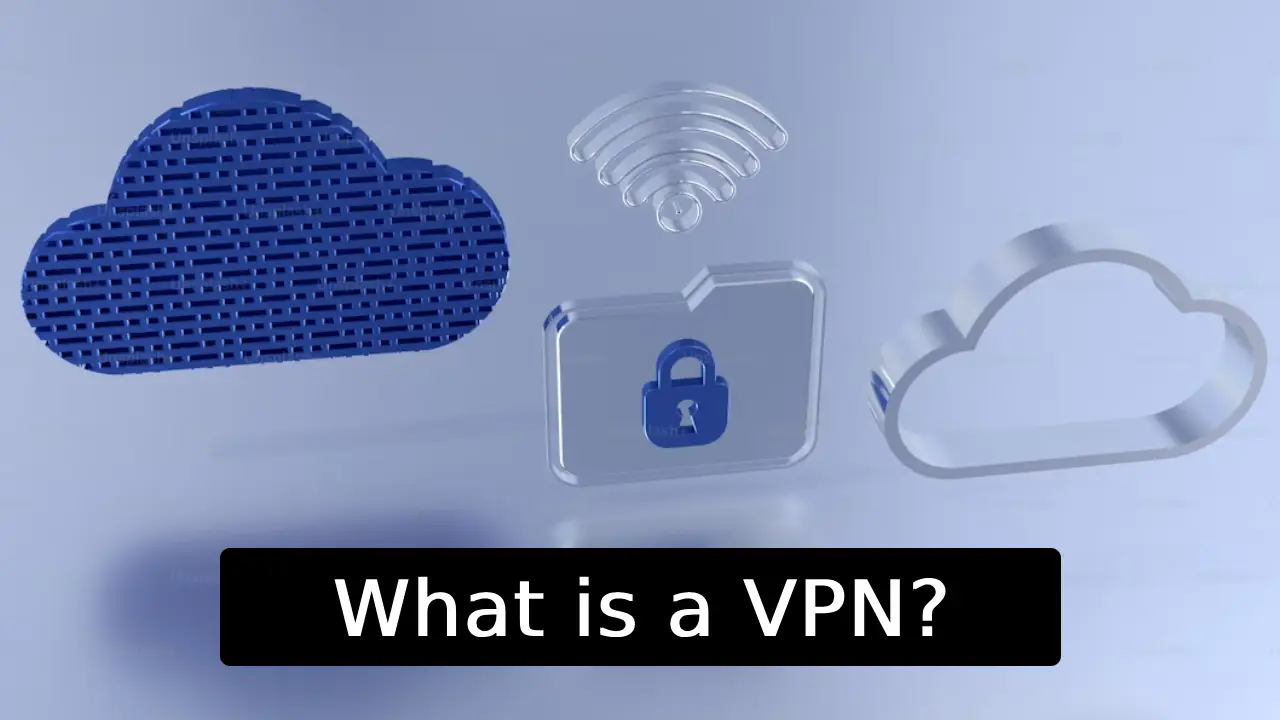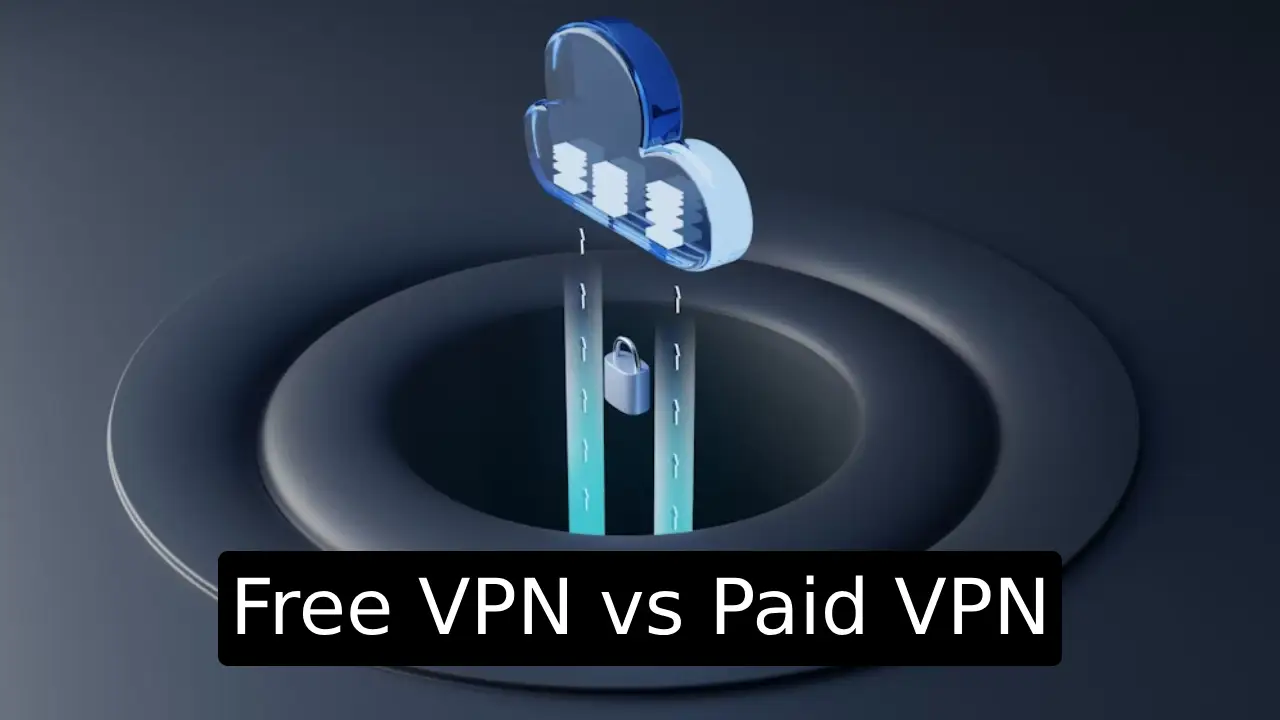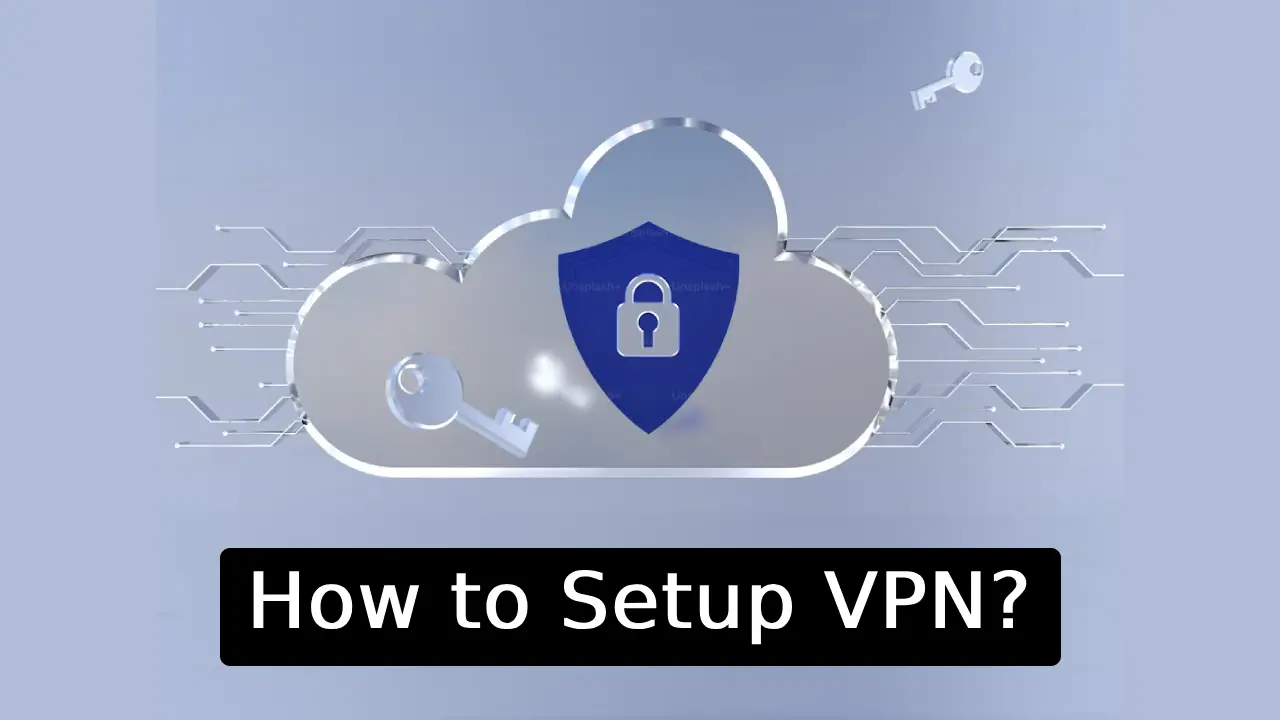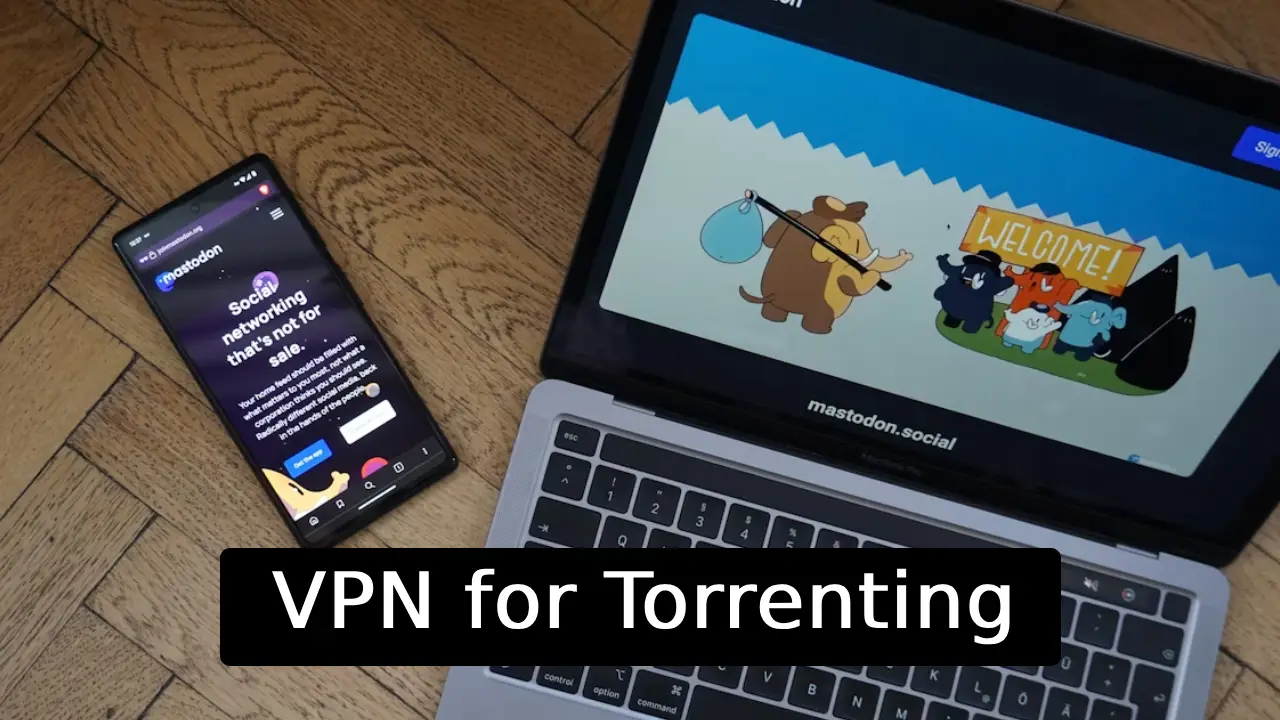What is a VPN? Let’s Break It Down Simply
What is a VPN? Imagine a bulletproof tunnel for your internet traffic. A VPN (Virtual Private Network) encrypts your connection and reroutes it through a secure server, hiding your online activity from hackers, ISPs, and snoops. Whether you’re banking on coffee shop Wi-Fi or streaming overseas shows, it’s your digital invisibility cloak.
What is a VPN’s Core Purpose? Privacy & Freedom
- Military-Grade Encryption
Your data transforms into unbreakable code before leaving your device. Even if intercepted (like on public Wi-Fi), hackers see only gibberish. - IP Address Masking
Connect to a VPN server in Germany? Websites see a German IP, not your real location. Your identity stays private. - Secure Data Tunneling
Like sending a diamond via armored truck instead of a bicycle basket. All traffic flows safely between you and the VPN server.
Myth Buster: Using a VPN is 100% legal in most countries. It’s a privacy tool, not a dark-web accessory.
Why You Need a VPN in 2025 (Beyond Netflix)
Public Wi-Fi = Hacker Playground
Airport Wi-Fi? A goldmine for data thieves. VPNs encrypt instantly, making stolen passwords useless.
ISP Tracking & Government Surveillance
Your ISP sells your browsing history. Governments monitor activity. A VPN blocks both—your data stays anonymous.
Beat Geo-Blocks & Censorship
Traveling to China? Access blocked apps like WhatsApp. Stream home-country Netflix with a single click.
Stop Price Discrimination
Airlines/hotels hike prices based on your location. VPN trick: Switch servers to find lower rates.
Digital Anonymity Basics
Reduce targeted ads, doxing risks, and stalking. Essential for journalists and activists.
How Does a VPN Work? (In 60 Seconds)
- You activate the VPN app.
- Your data gets encrypted.
- It routes through a VPN server.
- The server accesses websites for you.
- Sites see the server’s IP, not yours.
Real-World Use: A UK user connects to a U.S. server. BBC thinks they’re in Boston, unlocking U.S.-exclusive content.
Busting Top VPN Myths
| Myth | Truth |
|---|---|
| “VPNs Slow Internet” | Modern VPNs like ExpressVPN use 256-bit encryption without lag. |
| “Only for Tech Experts” | Apps are one-click solutions (tested with grandma-approved ease!). |
| “VPNs = Illegal Activity” | Used legally worldwide for privacy. Criminals use them, like they use phones. |
Choosing Your 2025 VPN: Quick Tips
- No-Logs Policy (ProtonVPN audited proof)
- Kill Switch (Auto-blocks web if VPN drops)
- Server Spread (NordVPN covers 60+ countries)
- Speed (WireGuard protocol = 2x faster than OpenVPN)
🔗 Resource: Compare top providers on TechRadar’s VPN Guide.
The Future of VPNs: AI & Decentralization
By 2025, expect:
- AI Threat Detection: Auto-blocks malware before it reaches you.
- Decentralized VPNs (like Sentinel): Servers run by users, eliminating corporate data control.
Your Digital Seatbelt
What is a VPN? It’s non-negotiable internet armor. In 2025’s landscape of AI snooping and hyper-targeted ads, encrypting your traffic isn’t paranoid—it’s proactive. Start with a trusted free trial (like Surfshark’s 30-day offer), and browse like the invisible guardian you are.
Power Tip: Pair your VPN with a password manager (like Bitwarden) for ironclad security.




